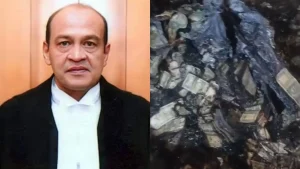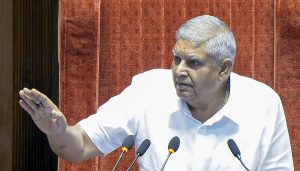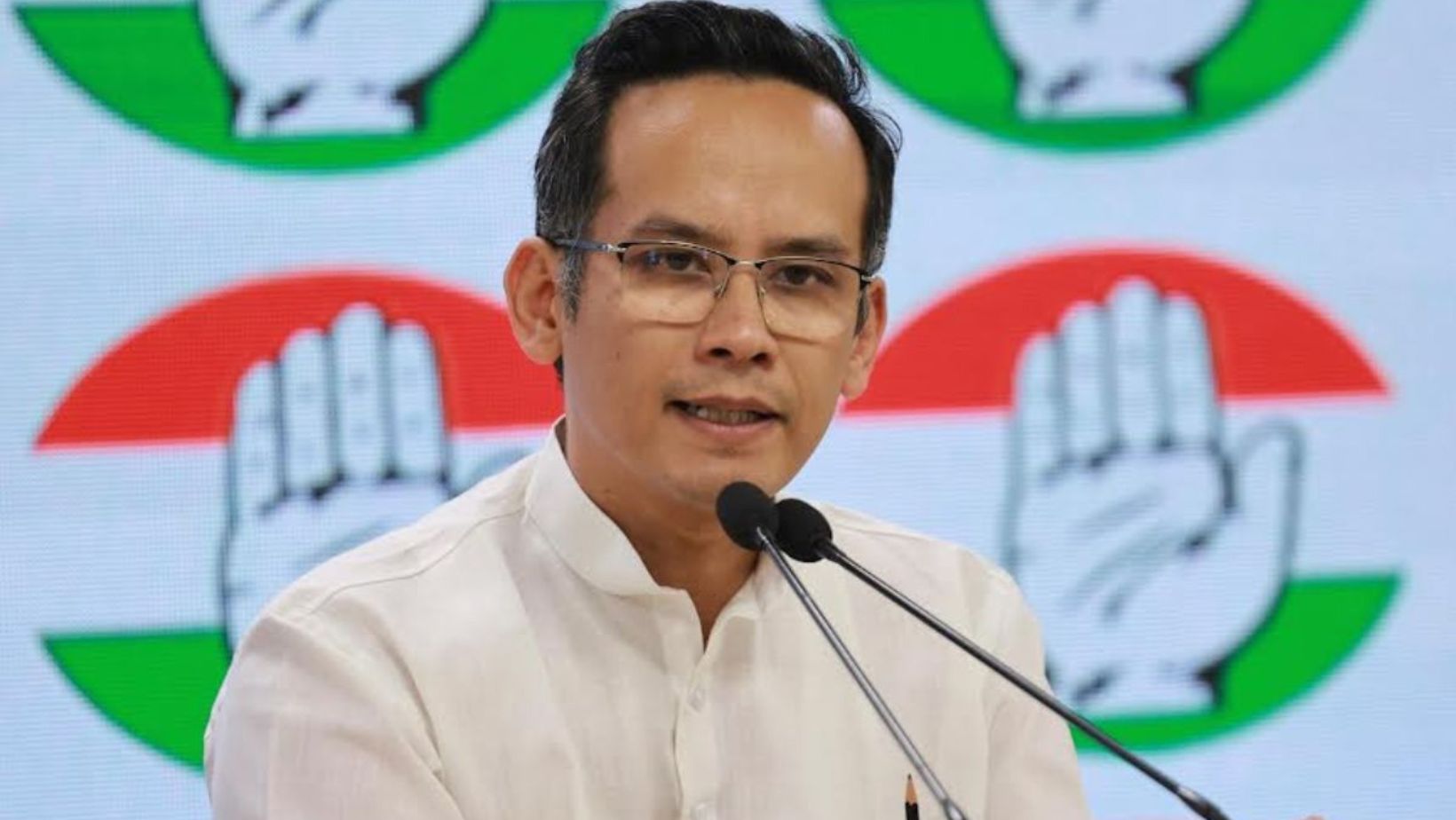New Delhi – The sudden resignation of former Vice President Jagdeep Dhankhar on Monday night has sent shockwaves through India’s political establishment. The Jagdeep Dhankhar resignation reason appears to be deeply connected to an opposition-backed impeachment notice against Justice Yashwant Varma, which derailed the government’s carefully orchestrated plans.
The Impeachment Notice That Changed Everything

The Jagdeep Dhankhar resignation reason traces back to last week when Dhankhar reportedly asked opposition leaders to submit an impeachment notice for Justice Yashwant Varma in the Rajya Sabha. This move caught the government completely off-guard, as they had intended to bring the notice exclusively through the Lok Sabha.
A senior Congress lawmaker, who is also a practicing lawyer, hurriedly prepared the impeachment notice on Sunday. By Monday, all 63 signatures on the notice came exclusively from opposition parties, with not a single National Democratic Alliance (NDA) member signing the document. The reason for this unanimous opposition absence was simple: the NDA had no prior knowledge of the notice’s preparation.
The former Delhi High Court judge faces removal proceedings after an undisclosed amount of money was discovered at his residence in March. However, the Jagdeep Dhankhar resignation reason goes beyond this single incident, revealing deeper fractures within the government’s inner circle.
Government’s Strategic Plan Derailed
According to parliamentary sources, the government had meticulously planned to process Justice Varma’s impeachment through the Lok Sabha first. This strategy would have positioned the move as a government success while sending a clear message to the judiciary about executive authority.
However, Dhankhar’s decision to facilitate the Rajya Sabha route completely undermined this approach. After receiving the notice, he announced to the House: “I need to inform you that I have received notice of motion under Article 217(1)(B) read with Article 218 and Article 124 to constitute a statutory committee for removal of Justice Yashwant Varma.”
A Lok Sabha official revealed that the Jagdeep Dhankhar resignation reason stemmed from this tactical deviation: “The government wanted to pass the impeachment motion first in the Lok Sabha. It would have been touted as a success of the government and sent a clear message to the judiciary. But Dhankhar stole the show.”
Political Tensions Reach Breaking Point
The BJP’s fury over this development became evident when party chief and Leader of the Rajya Sabha JP Nadda, along with Parliamentary Affairs Minister Kiren Rijiju, deliberately skipped the second Business Advisory Committee meeting scheduled for Monday evening.


Congress MP Jairam Ramesh directly linked the Jagdeep Dhankhar resignation reason to this snub, noting that both ministers attended the 12:30 PM meeting but failed to appear for the 4:30 PM session without personally informing the Vice President. This deliberate absence forced Dhankhar to reschedule the meeting for Tuesday.
Also Read: Jagdeep Dhankar Resignation: Breaking Analysis of 3 Vice President Candidates
Union Health Minister JP Nadda later countered these claims, stating that Dhankhar’s office was informed about their inability to attend due to other parliamentary commitments. However, the damage to relationships had already been done.
Underlying Pressures and Personal Grievances
Beyond the immediate trigger, the Jagdeep Dhankhar resignation reason encompasses deeper issues that had been brewing for months. During a recent meeting with a senior opposition floor leader, Dhankhar candidly discussed the mounting pressure of his position and how he had consistently accommodated the ruling establishment’s demands.
The Vice President expressed frustration about receiving criticism from the opposition for his role as Rajya Sabha chairman while feeling underappreciated by the government. In a telling moment, he reportedly told an aide, “Remember, you are working with a legend.”
International Protocol Disputes
Another significant factor in the Jagdeep Dhankhar resignation reason was his exclusion from meeting US Vice President JD Vance during his April visit to New Delhi. Dhankhar felt slighted by this decision, telling an opposition leader: “He is the Vice President of the US. I am the Vice President of India.”
During a Sunday meeting with a former chief minister, Dhankhar drew parallels between his situation and international diplomatic protocols, referencing President Trump’s meetings with Ukrainian President Volodymyr Zelenskyy to illustrate his strained relationship with the ruling establishment.
Historical Precedent and Political Isolation


The Jagdeep Dhankhar resignation reason also relates to his historic position as the first Vice President to face a no-confidence notice, which was later rejected on technical grounds. Sources close to Dhankhar revealed that the lack of strong support from BJP or NDA leadership during this episode created lasting resentment.
Two MPs familiar with Dhankhar’s thinking confirmed that his isolation began when high-ranking party leaders failed to rally behind him during the no-confidence proceedings last year.
Government Response and Speculation
The delayed government response to Dhankhar’s resignation further fueled speculation about the true Jagdeep Dhankhar resignation reason. Prime Minister Modi’s message came 15 hours after the resignation was posted, while Rashtrapati Bhavan’s prompt acceptance and gazette notification suggested prior awareness of the decision.
Modi’s unusually brief statement wishing Dhankhar “good health” contrasted sharply with typical political courtesies, leading to questions about their personal relationship.
Opposition Reactions and Future Implications


Opposition leaders have seized upon the Jagdeep Dhankhar resignation reason as evidence of internal government dysfunction. Congress MP Gaurav Gogoi described the resignation as casting “a shadow over the Modi government,” while Shiv Sena MP Arvind Sawant suggested external pressure rather than health concerns motivated the decision.
The resignation represents a significant political development that raises questions about institutional relationships and executive coordination in contemporary Indian governance. As one opposition leader wryly noted, reflecting on the ironic timing: “He quit when we finally started becoming friends.

